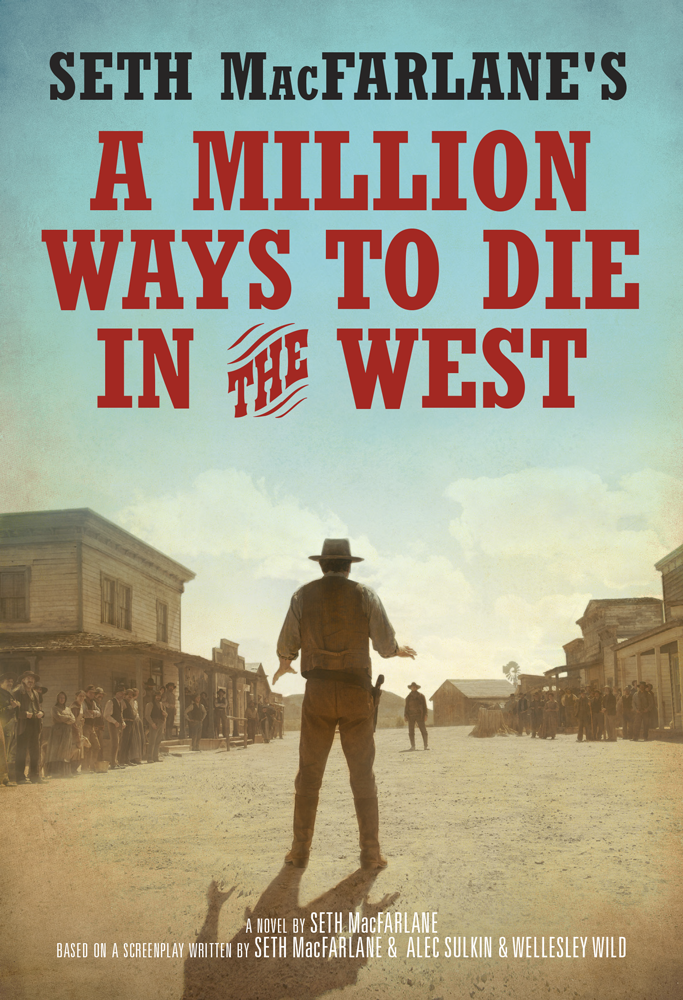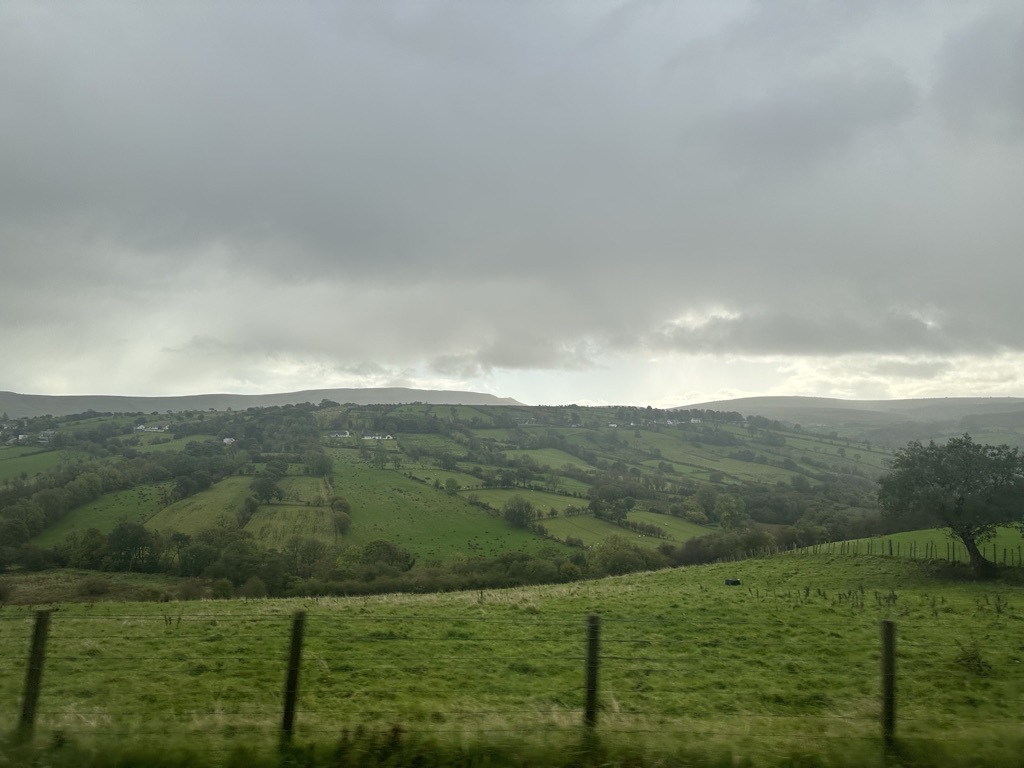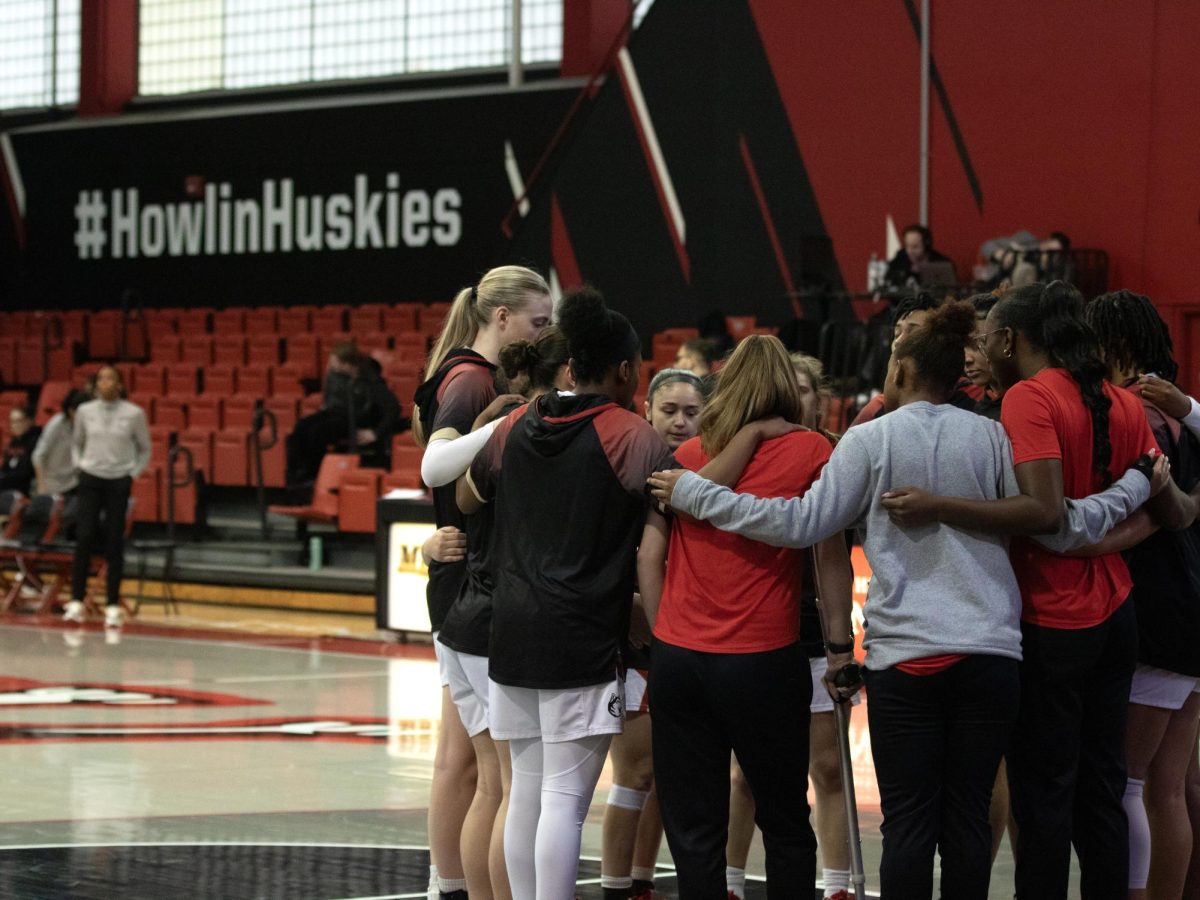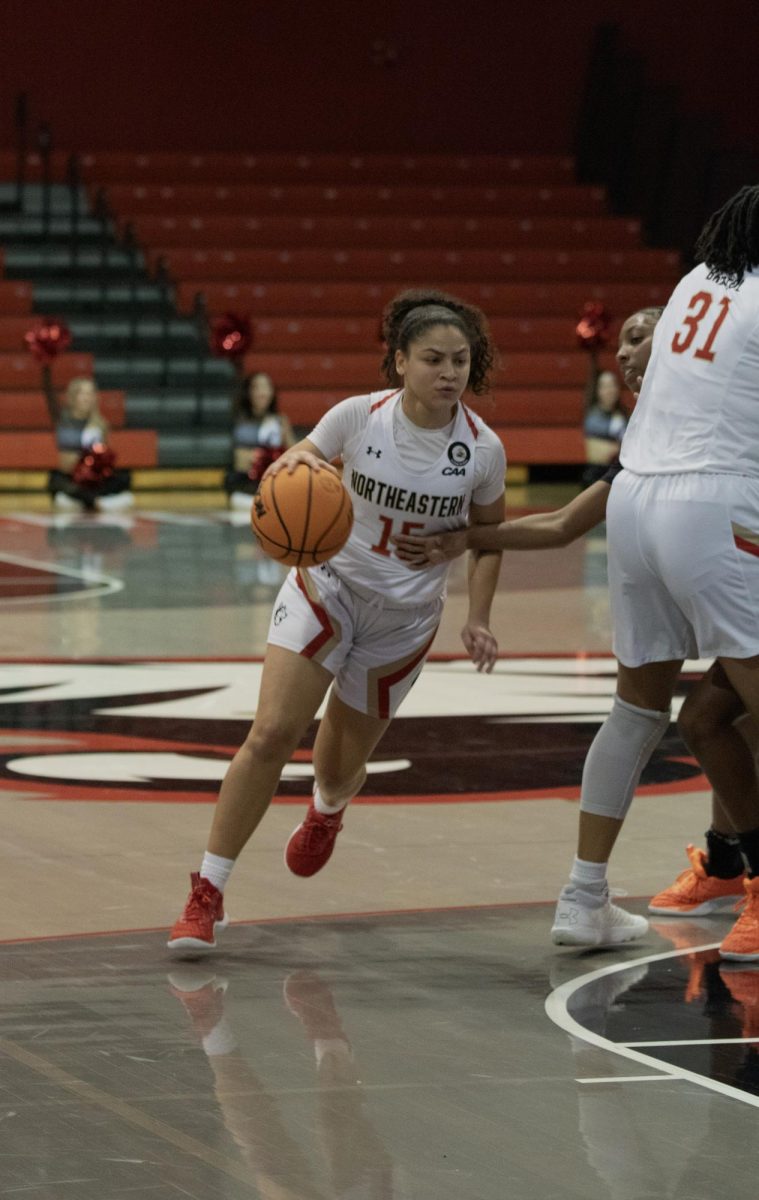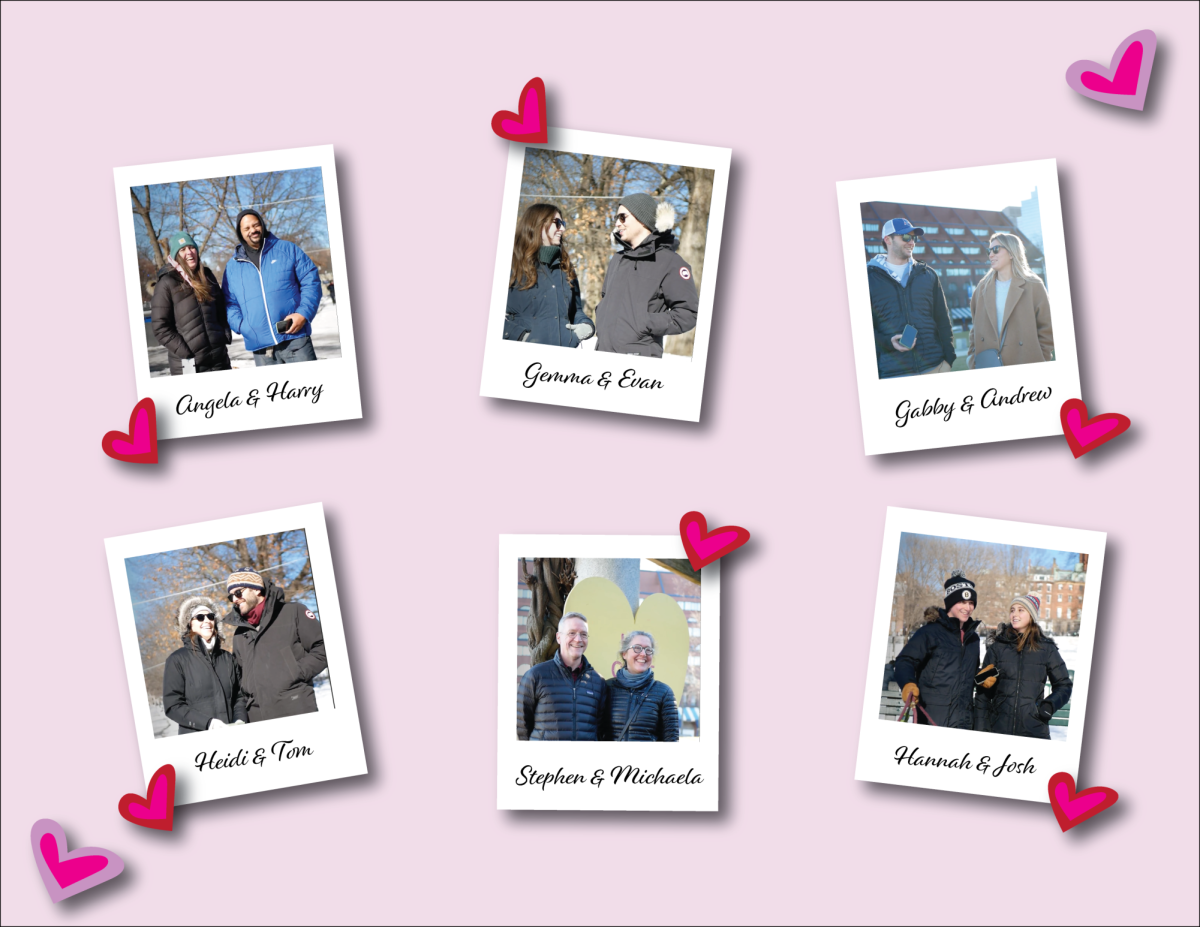By Rebecca Sirull, inside editor
With crude humor, spontaneously graphic death scenes and even a short drug-induced musical number, “A Million Ways to Die in the West” was everything we expected from writer, director and star Seth MacFarlane. From the not-so-subtle sexual innuendos to the quick dialogue littered with expletives, the movie was filled with MacFarlane’s trademarks, even including a smattering of Hollywood references to both the actors’ and the director’s previous works.
The film opens with MacFarlane, as the cowardly sheep-shearer Albert, pleading with his girlfriend Louise (Amanda Seyfried) while she determinedly ends their relationship. Right away it’s clear where the main source of comedy will come from as the actors’ 21st century speech clashes with their Wild West surroundings. The anachronism comes into play throughout the movie, beginning when Louise explains that she “just needs to work on herself” and Albert calls her out on the oldest cliché in the book (which presumably has yet to be written).
The line does indeed prove to be just that as Albert sees her the following day in the arms of a dashing and much-wealthier mustache-store owner (yes, this apparently exists) named Foy (Neil Patrick Harris). A heartbroken Albert decides that he must win her back, drunkenly showing up on her doorstep and begging her to reconsider, a plan that, shockingly, does little to sway her opinion. Just as Albert is ready to give up on his town altogether and move to San Francisco, his faith in the world is marginally restored by the arrival of Anna (Charlize Theron), a beautiful and mysterious woman coming to town to start a farm, or so everyone believes. Unbeknownst to Albert and the townspeople, Anna is actually married to Clinch (Liam Neeson), the most lethal and vicious killer in the west, and is merely arriving early to scout out the area. After meeting in a saloon, Albert tells Anna of his lost love and she offers to help him win Louise back. The two begin to develop a bond, displaying clear chemistry, but Anna’s mysterious past and Clinch’s imminent arrival cast a looming shadow that can’t be ignored for long.
Sarah Silverman as the wide-eyed and innocent prostitute Ruth and Giovanni Ribisi as her earnest and slightly naïve boyfriend Edward make for an entertaining subplot, as the two balance their relationship with Ruth’s less-than-PG profession. After starring as Donny, a crazed and psychopathic father, in MacFarlane’s “Ted” (2012) Ribisi is back with a character that is just as quirky, though much more likeable. His portrayal of Edward adds a dose of innocence to the otherwise gore and sex-filled storyline, perfectly complementing Silverman’s Ruth.
Though MacFarlane is the clear star, with rapid fire jokes and an impeccable ability to cross the line just enough to raise some eyebrows, but not alienate his loyal fans, the rest of the cast shines as well. Harris’s performance is on point as always, incorporating his signature theatricality and even a well-timed Barney Stinson reference. Theron and Neeson’s roles are a departure from their usual dramas and thrillers, but not by much, as both fit more easily into dramatic scenes than the crass comedies MacFarlane has mastered. Their humor is a bit more forced than the other characters’, including Neeson’s Irish brogue, which just seems out of place and falls flat.
The biggest disappointment was in Seyfried’s portrayal of Louise, or rather the one-dimensional role of Louise, which seemed beneath her talents. Seyfried has proven herself to be an exceptionally dynamic actress, from her hilarious performance as Karen in Mean Girls (2004) to the tear-jerking Cosette in Les Misérables (2012), but Louise landed her squarely in the middle of these two extremes, a perfectly acceptable, perfectly bland love interest with little to complain about but nothing to rave about.
Despite the shortcomings, the cast works well together, bringing their modern day jargon into the Wild West setting, managing to simultaneously create a parody of both classic western films and 21st century culture. It sometimes relies on cringe-worthy gross-out humor, and often on cheap humor that might make you roll your eyes while you laugh, but you’ll be laughing nonetheless.
Photo courtesy The Deadbolt, Creative Commons.







